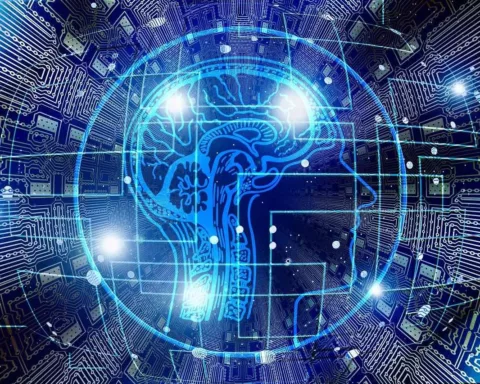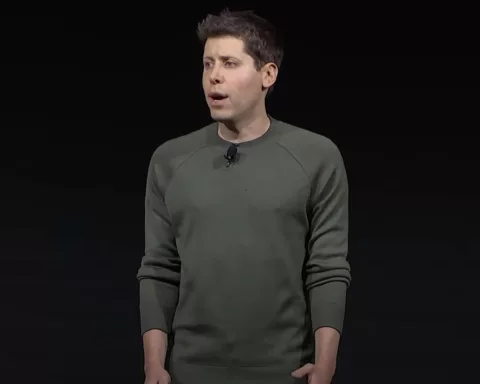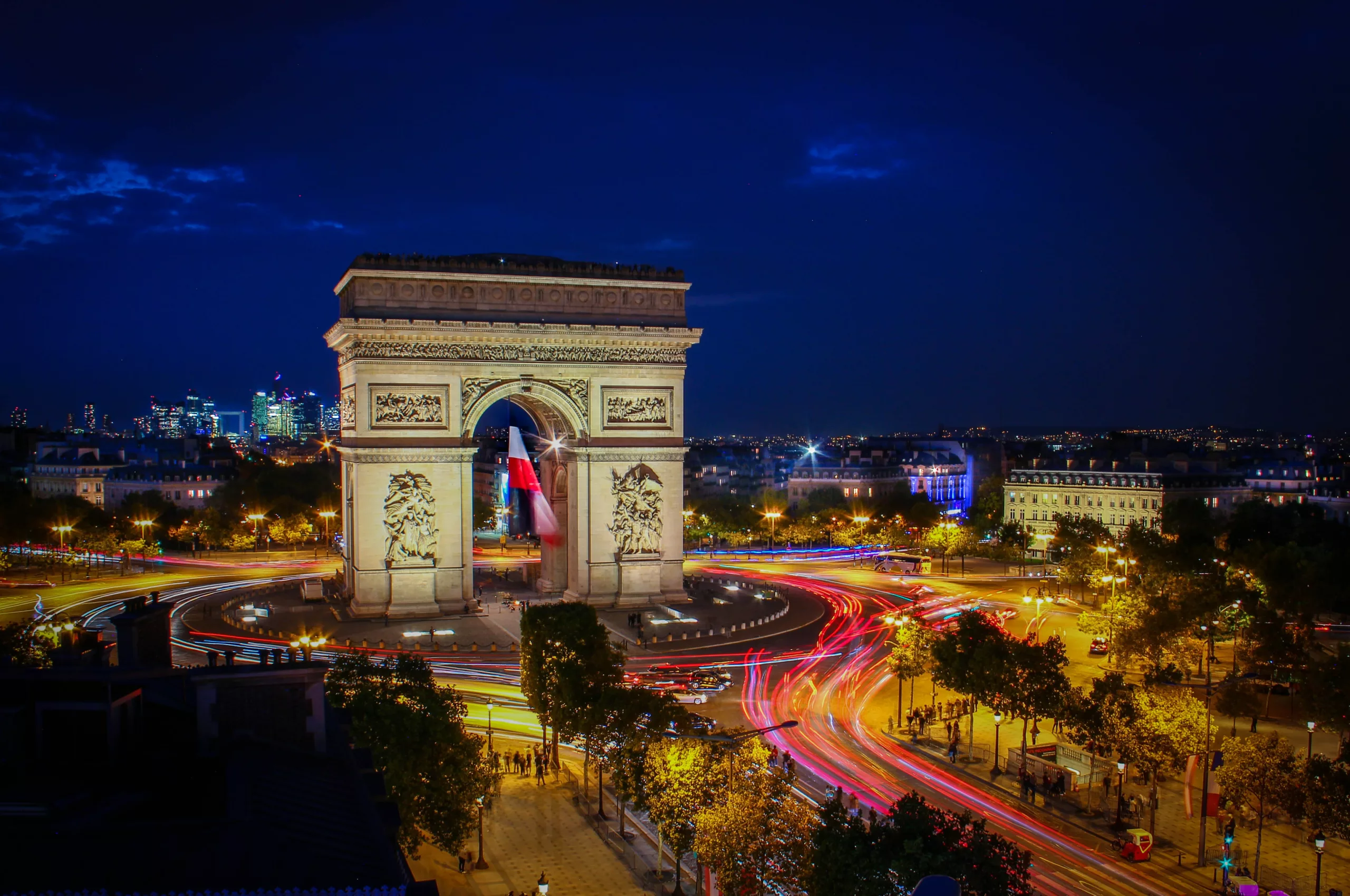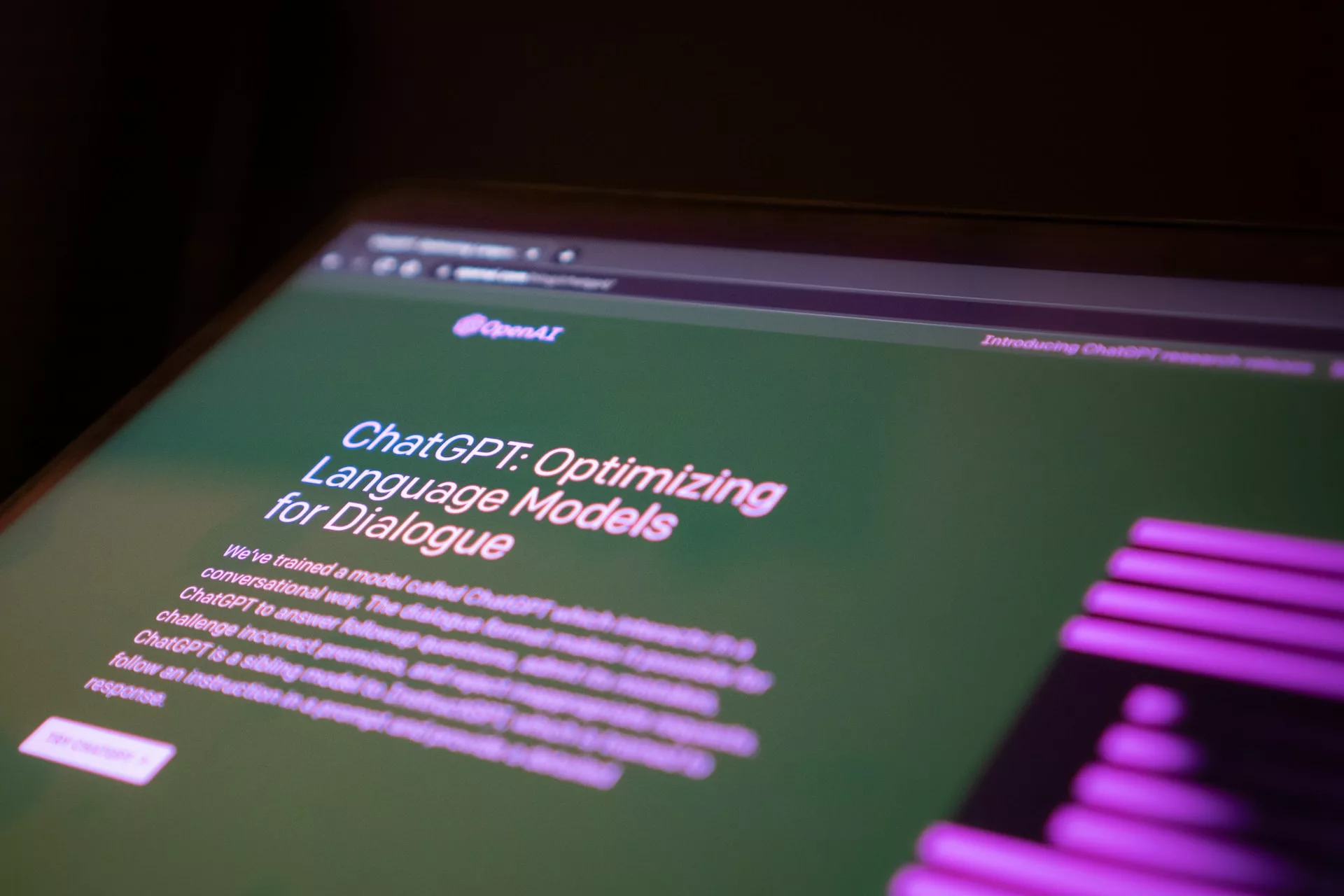In an unprecedented event, a packed Lutheran church in Fuerth, a charming Bavarian town, witnessed a sermon unlike any other, according to a report published yesterday by Associated Press (AP). The preacher was not a human, but a chatbot named ChatGPT. This marked a significant milestone in the fusion of faith and technology, eliciting a spectrum of responses from the attendees and prompting questions about the potential role of AI in religious practices.
Per the AP report, this groundbreaking service was part of the Deutscher Evangelischer Kirchentag, a biennial gathering of Protestants in Germany. Jonas Simmerlein, a theologian and philosopher from the University of Vienna, collaborated with ChatGPT to orchestrate a 40-minute service, including the sermon, prayers, and music. The AI was responsible for crafting about 98% of the content, as per Simmerlein.
The AP report went on to say that the AI-led service was one among hundreds of events at the convention, which attracts tens of thousands of believers to engage in prayer, song, and faith-based discussions. This year, the convention also tackled current global issues, including climate change, Ukraine’s conflict, and artificial intelligence’s role in society.
The AI sermon was about leaving the past behind, focusing on the challenges of the present, overcoming fear of death, and maintaining trust in Jesus Christ. The service was “led” by four avatars on the screen, two young women and two young men.
The congregation’s reactions varied. Some attendees enthusiastically recorded the event on their cell phones, while others were more critical and refrained from participating loudly during The Lord’s Prayer.
Simmerlein told AP that his intention was not to replace religious leaders with AI but to assist them in their daily tasks. He believes AI could be a valuable tool for sermon preparation, freeing up pastors for other important duties.
Despite the experiment’s success, it also highlighted the limitations of AI in religious settings. The AI chatbot could not interact with the congregation as a human pastor would, underscoring the irreplaceable value of human connection in religious practices.





